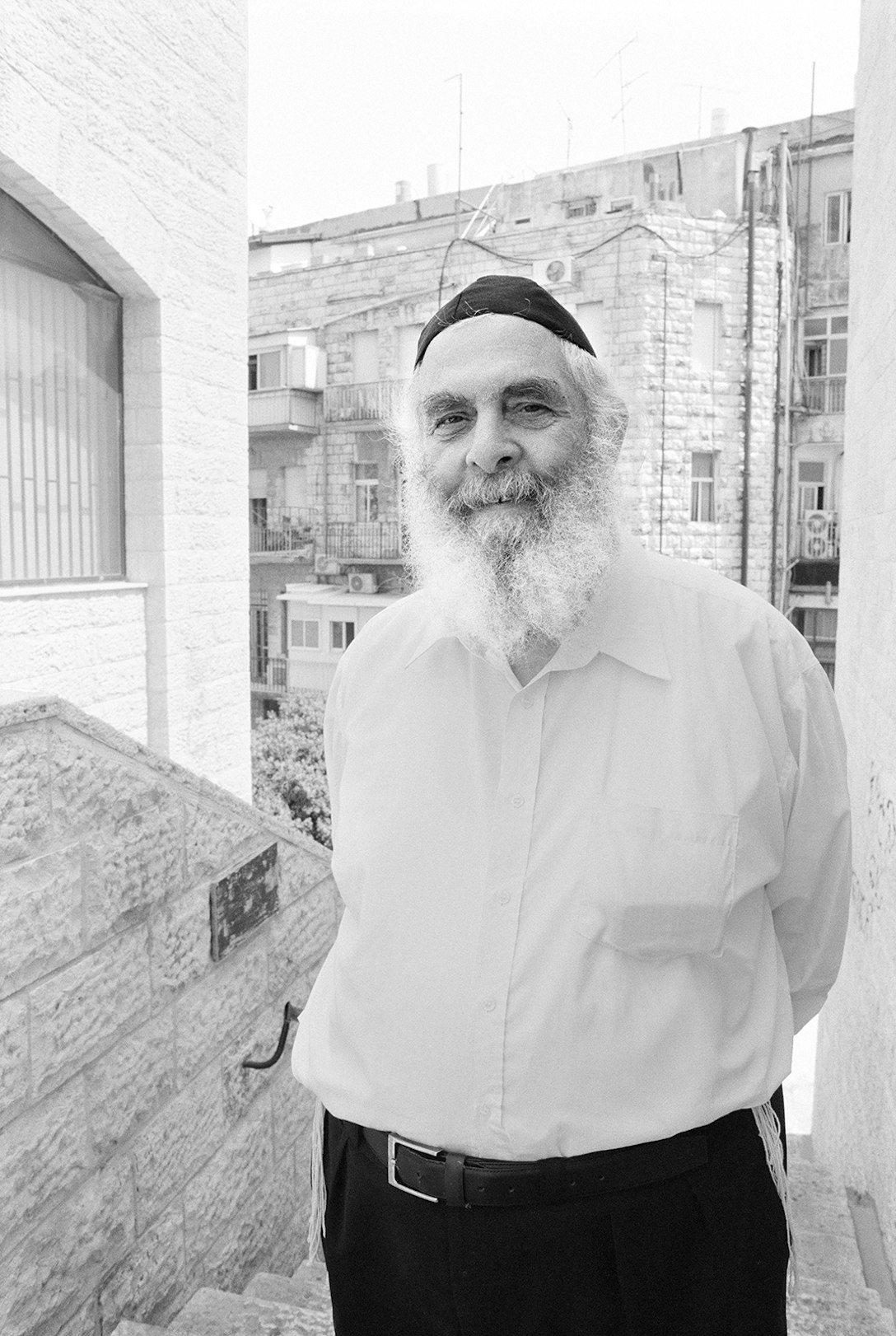
Rabbi Shmuel Munk
Bnei Brak, Israel
The Healthy Part of Each Person
I listened to the sage advice of my grandfather, Rav Klein. He said I should learn a profession. And so I went and I learned mechanical engineering. I got a position; a job in a particular factory.
So, in the factory, even though it worked very well, there was one particular time when I needed people to come in and work manually, and it was very monotonous, laborious work. I just couldn’t get normal, regular people to come do the job. So I brought in a class of autistic children with their teacher to the factory, taught them what to do, and they did the work. Most of the children worked fine, but a minority of them didn’t work at all.
I was noticing the ones who weren’t working. It was very interesting to notice why those children weren’t working. I reached the conclusion that their level of intelligence was such that they just weren’t interested in doing this kind of monotonous work. I gave them more challenging work and the project succeeded. My conclusion was that you need to challenge somebody in their work, and it will be good for them.
God gave everybody positive things and negative things. But remember, God gave everybody something positive just as I had discovered in these autistic children. Here at Bayit Cham, the name of the non-profit that I created, we try to help everybody. These are people who have suffered some sort of psychological depression. So I look for the healthy part of an individual. There is no such thing as somebody who is 100 percent sick. There’s just no such thing. Everybody, however small, has some piece of them that is healthy, and that is what I look for. So that is the point that we start with. We develop it and make them be able to work and feel good about themselves while developing the healthy part of themselves. You see this healthy part in everybody.
And so today, to my sorrow but also to my joy, we have over 500 people who are involved in the programs that we run. They are out there, they are working, they are earning their daily keep, and they are productive.
Explore the portraits by theme
- happiness
- grief
- addiction
- sexuality
- sobriety
- transgender
- alcoholism
- suicide
- homelessness
- death
- aggression
- cancer
- health
- discipline
- abortion
- homosexuality
- recovery
- connection
- enlightenment
- indigenous
- depression
- meditation
- therapy
- anger
- forgiveness
- Doubt
- interfaith
- worship
- salvation
- healing
- luminaries

